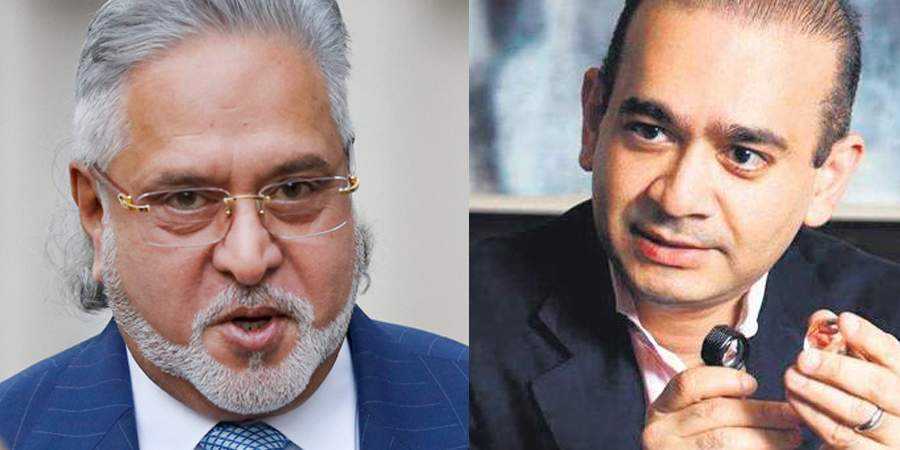By Sruthakeerthy Sriram


Chhota Rajan, Vijay Mallya, Lalit Modi, Bannanje Raja – What is the common factor that links these high-profile individuals? They are all people who fled from India to foreign countries after committing crimes in our country. These are only a few names among thousands who attempt to escape justice by going out of the country. How does India deal with these fugitive criminals? The answer lies in Extradition.
What is extradition?
Extradition is the official transfer or delivery of a person from one country to another, so that the formal authority over the person shifts to the country where the person is transferred. The person who is transferred is either someone who is accused of a crime or a convicted criminal in the country to which he is being delivered. The crime for which the person is being transferred should also be a crime under the law of the country which is transferring the person.
A country can make a request to another country to extradite a person so that the requesting country can appropriately deal with his crimes. An extradition request for an accused can be initiated in the case of under-investigation, under-trial and convicted criminals.
While Chhota Rajan and Bannanje Raja were successfully extradited to India from Indonesia and Morocco respectively, the extradition process is still ongoing for Vijay Mallya and Lalit Modi, who are currently living in the United Kingdom. Recently, the Supreme Court ordered Mallya’s lawyers to give more information about the ‘secret’ proceedings that are delaying his extradition to India.
What is India’s law on extradition?
The Extradition Act, 1962 regulates the extradition of fugitive criminals to and from India. A fugitive criminal is a person who is accused or convicted of an extradition offence in a foreign country. For example, ‘X’ commits a crime in the United States and then escapes to India to avoid being punished for his crime, ‘X’ is a fugitive criminal.
How do we bring back fugitive criminals from foreign countries?
India has entered into extradition treaties with certain other countries like the UK, USA, Bangladesh, etc. An extradition treaty is an agreement or arrangement made by India with a foreign country relating to the extradition of fugitive criminals. Currently, we have extradition treaties with 43 countries.
It is possible for India to make an extradition request to any country. If we have an extradition treaty with another country, the foreign country has an obligation to consider our extradition request. If we don’t have an extradition arrangement in place, the foreign country will consider our request keeping in mind its domestic laws and procedures.
In relation to a foreign country with whom India has an extradition treaty or agreement, the meaning of an extradition offence is defined in the treaty itself. In other cases, an extradition offence can be any offence for which the punishment is imprisonment for at least one year under the laws of India, or the laws of a foreign country.
Which authority handles extraditions in India?
The Consular, Passport and Visa Division of the Ministry of External Affairs is the Central Authority that administers the Extradition Act, and it processes incoming and outgoing extradition requests. Requests for extradition on behalf of India can only be made by the Ministry of External Affairs, which formally submits the request for extradition to the respective foreign country through diplomatic channels. Extradition is not available at the request of members of the public.
Does India extradite its own nationals?
Yes, we allow Indian nationals to be extradited to foreign countries from India. However, in doing this, our country follows a dual system based on reciprocity. This means that an Indian national can be extradited to a foreign country only if that country also allows the extradition of its nationals to India. For example, consider that India has an extradition arrangement with a country ‘Y’. If Y does not permit the extradition of its nationals to India, India will also not allow the extradition of any Indian national to Y.
Conclusion
The concept of extradition advances the principle that no person should escape the reach of the law merely by using influence, power and finances to take refuge in a foreign jurisdiction. If India adopts an aggressive approach towards extradition, we can go a step further in ensuring that the Mallyas and Modis of the world answer to the legal system for their crimes.


